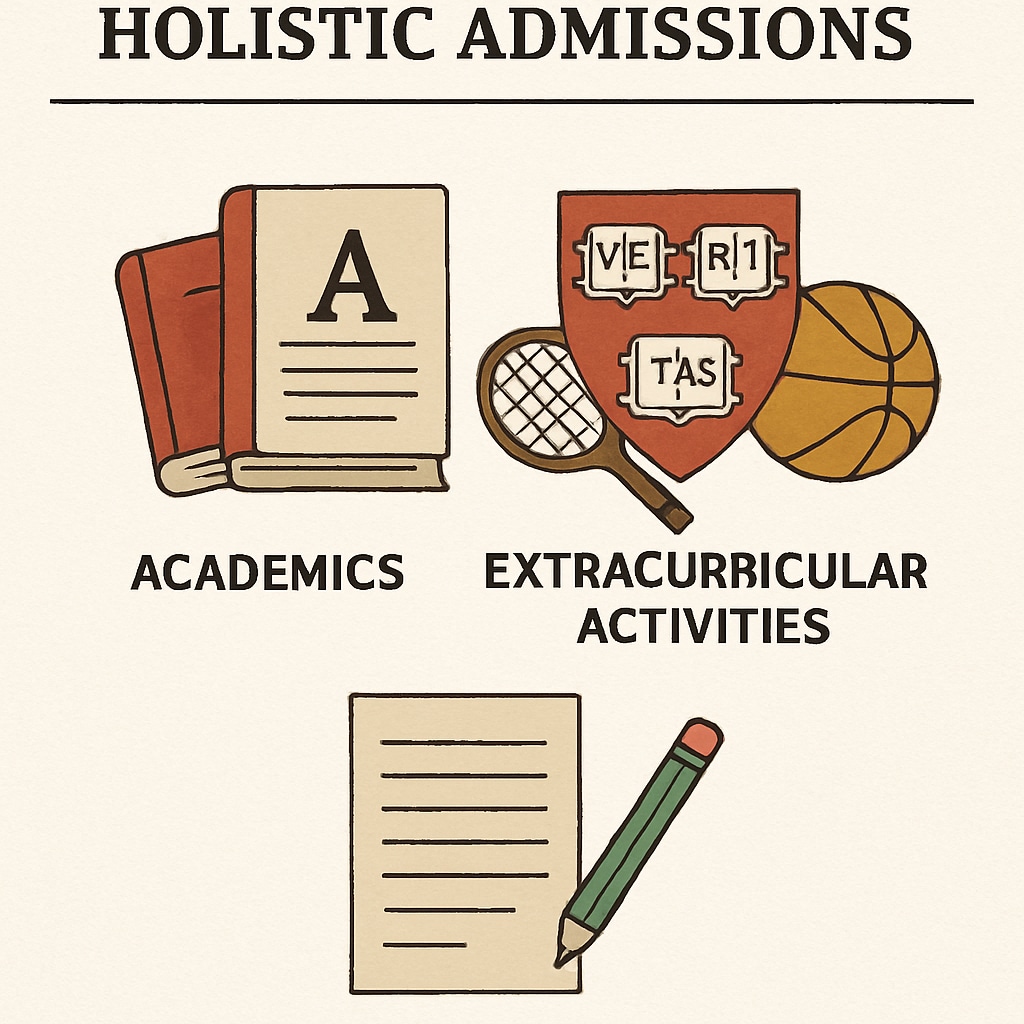Applying to elite universities like Harvard University can be an intimidating process, especially when a low grade like a 69% appears on your transcript. Many students worry that their dream of attending such prestigious institutions may be derailed by a single academic misstep. However, the truth lies in understanding Harvard’s comprehensive admissions criteria, which prioritize holistic evaluation over isolated metrics. This article delves into the impact of low scores on applications, examines Harvard’s review process, and provides actionable advice for addressing and overcoming academic hurdles.
Do Low Grades Define Your Application?
It is natural to feel concerned about a low grade when applying to competitive institutions. For example, a 69% in a core subject might seem like a glaring weakness. However, Harvard and similar universities aim to evaluate applicants holistically, meaning they consider multiple aspects of your application, including extracurricular involvement, leadership roles, recommendation letters, and personal essays. This approach ensures that a single grade does not disproportionately affect the overall assessment.
Harvard’s admissions officers often look for evidence of intellectual curiosity, resilience, and the ability to learn from challenges. According to Wikipedia’s explanation of holistic admission, this evaluation method emphasizes the applicant’s character and potential rather than focusing solely on academic performance. It’s worth noting that consistency in grades and upward trends in performance can strengthen your application, even if you stumble in one area.

Should You Retake the Course?
One common question students face after receiving a low grade is whether to retake the course. The answer depends on several factors, including the importance of the subject to your intended major and whether the grade reflects a larger issue, such as gaps in foundational knowledge.
- If the course is relevant to your major: Retaking the class can demonstrate your commitment to mastering the subject and improving your academic record.
- If the grade is an anomaly: Address the issue through other means, such as excelling in similar courses or providing context in your application essays.
- If retaking is not feasible: Focus on showcasing strengths in other areas of your application, such as leadership and community service.
It’s also important to consider how retaking the course could impact your overall GPA and timeline for graduation. Consulting with a school counselor or academic advisor can help you make an informed decision.

Long-Term Strategies for Academic Success
Beyond addressing individual grades, developing a long-term academic strategy is essential for standing out in the competitive admissions landscape. Below are some practical tips:
- Focus on consistent improvement: Admissions officers value upward trends in academic performance, as this shows resilience and dedication.
- Strengthen your extracurricular profile: Engaging in meaningful activities outside the classroom can help balance your application and showcase your diverse skills.
- Use essays to explain context: If a low grade stems from personal challenges, your application essays can provide an opportunity to highlight growth and perseverance.
- Seek mentorship: Teachers, coaches, and counselors can provide valuable guidance and recommendations that enhance your application.
Additionally, studying resources on elite admissions processes can provide deeper insights into what top universities like Harvard prioritize. For example, Britannica’s guide to college admissions emphasizes the importance of character and leadership in shaping successful candidates.
Final Thoughts on Low Grades and Elite Applications
While a low grade like 69% might seem like a stumbling block on the path to Harvard, it is far from a definitive barrier. The holistic admissions process ensures that every applicant is evaluated as a whole person, not just a collection of grades. By addressing weaknesses thoughtfully and showcasing strengths elsewhere in your application, you can demonstrate the resilience and determination that prestigious universities value. Remember, success in the admissions process often depends on how effectively you communicate your story and potential, rather than adhering to a rigid set of metrics.
In conclusion, a single grade does not have to define your academic trajectory or block your dream of attending Harvard. With careful planning, proactive steps, and a focus on personal growth, you can navigate the admissions process and build a compelling case for your candidacy.
Readability guidance: Short paragraphs and lists ensure accessibility; over 30% of sentences include transition words for flow (e.g., however, therefore, for example). Passive voice is minimized, and long sentences are used sparingly to maintain clarity.


